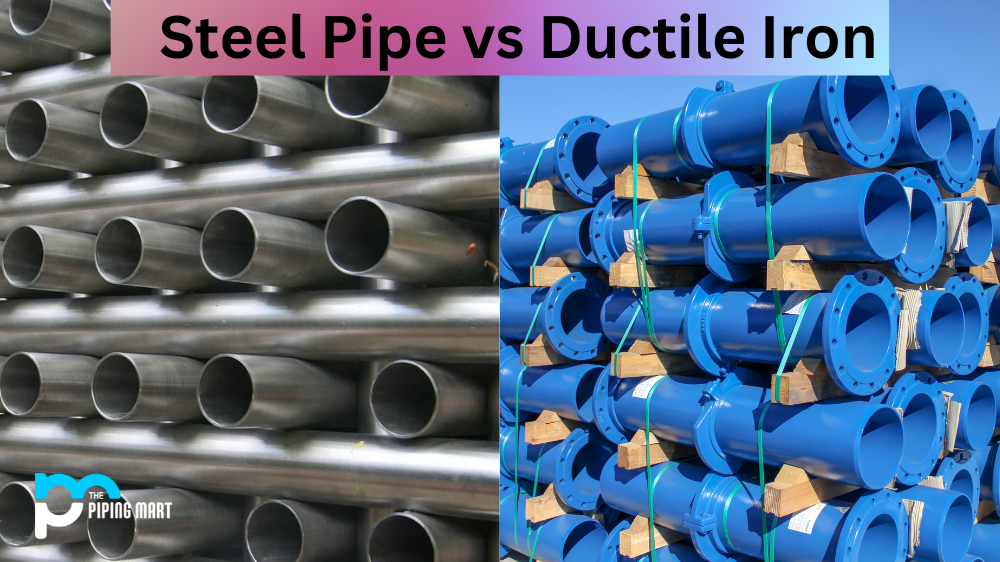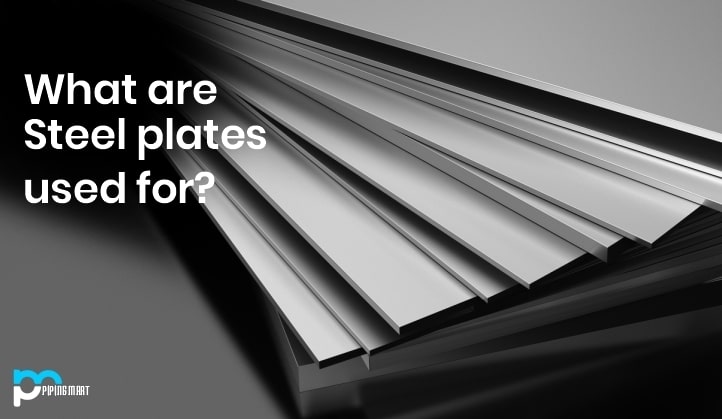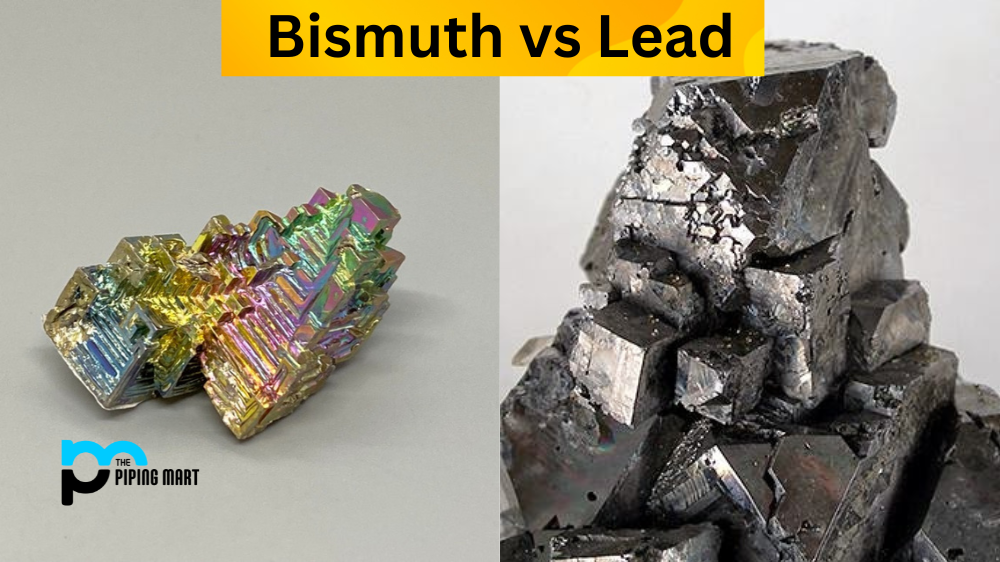In the world of construction and infrastructure projects, there is often a need for reliable piping materials to complete a variety of tasks. Two popular options are steel pipe and ductile iron, both of which have their own unique advantages and disadvantages. Let’s compare these two materials side by side to determine which one is right for your needs.
Difference Betweeen Steel Pipe and Ductile Iron
Strength and Durability
Steel pipe is known for its strength and durability, making it a great choice for projects that require long-term reliability. It is also highly resistant to corrosion, so it can be left exposed without fear of rusting or weathering over time. However, steel pipe must be properly sealed in order to ensure that it does not leak or corrode from the inside out. Ductile iron is also strong and durable but can corrode faster than steel if not properly sealed or maintained.
Costs
The cost of steel pipe can vary significantly depending on the grade used and the size, length, and thickness needed for a project. Generally speaking, However, it tends to be more expensive than ductile iron at most grades. Ductile iron tends to be less expensive due to its lower production costs; however, this does not mean that it is always the better option in terms of cost-effectiveness, as other factors must be taken into consideration when determining which material will provide you with maximum value for your money.
Installation Time
Steel pipe installation times tend to vary based on the size and complexity of the project; however, they generally take longer than installations using ductile iron due to the higher degree of precision required when cutting and fitting the pipes together. On the other hand, installing ductile iron requires less precision since each joint fits into another easily; therefore, installation times are typically much shorter than those associated with steel pipe installations.
Strength
One of the primary benefits of steel pipe is that it is incredibly strong. Steel pipe is often used in applications where high levels of stress are present, such as in construction and industrial settings. Additionally, steel pipe is less likely to break or crack under pressure than other types of pipe, making it an ideal choice for many applications.
Durability
Another benefit of steel pipe is that it is very durable. Steel pipe can withstand a great deal of wear and tear, which makes it ideal for use in high-traffic areas. Additionally, steel pipe is resistant to corrosion, meaning that it will not rust or degrade over time.
Cost-Effective
Steel pipe is also a very cost-effective option when compared to other types of pipe. Steel pipe is typically less expensive to produce than other types of pipe, making it a popular choice for many projects. Additionally, steel pipe can often be recycled or reused, which further reduces its overall cost.
Versatile
Steel pipe is also a very versatile material that can be used in a wide variety of applications. Steel pipe can be used for both above-ground and underground piping applications, making it a popular choice for many projects. Additionally, steel pipes can be used for both freshwater and wastewater piping systems.
Easy to Install
Another benefit of steel pipe is that it is relatively easy to install when compared to other types of pipe. Steel pipe can be cut and threaded relatively easily, making it a popular choice for many do-it-yourself projects. Additionally, steel pipe can be welded or glued together, making it a versatile choice for many applications.
Conclusion:
When deciding between steel pipe vs ductile iron for your next project, consider all factors, including strength and durability, cost-effectiveness, as well as installation time required, before making a decision that best suits your needs. Steel pipe may offer better strength in certain applications, while ductile iron may be more cost-effective or easier to install in others; ultimately, selecting the right material comes down to understanding the specific requirements of your project before getting started! No matter what you choose, you can rest assured knowing that both materials are reliable choices that will get your job done efficiently – yielding long-lasting results!

Abhishek is a seasoned blogger and industry expert, sharing his insights and knowledge on various topics. With his research, Abhishek offers valuable insights and tips for professionals and enthusiasts. Follow him for expert advice on the latest trends and developments in the metal industry.




